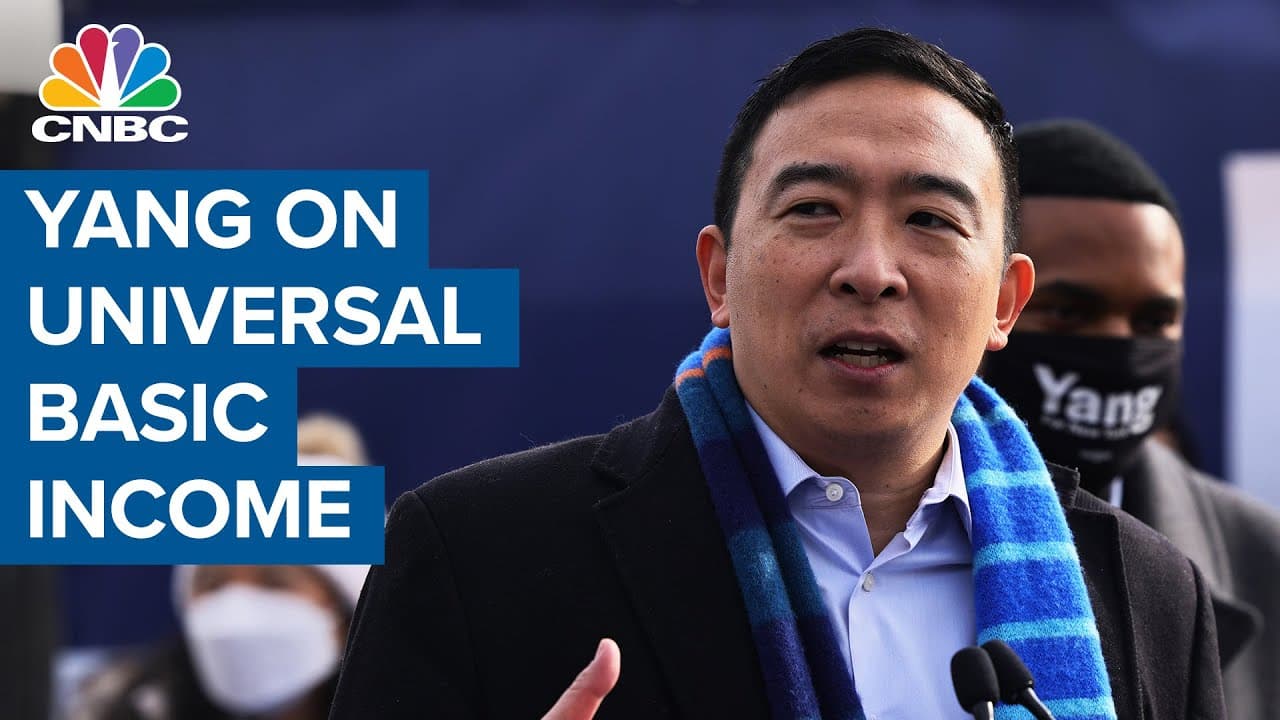Andrew Yang's 'The War on Normal People' Warns 45 Million US Jobs at Risk from Automation

Andrew Yang, entrepreneur and former presidential candidate, recently highlighted his 2018 book, "The War on Normal People," which forecasts significant job displacement due to automation and advocates for Universal Basic Income (UBI). "I did write a book about this if anyone’s interested," Yang stated in a recent tweet, linking to the publication. The book serves as a foundational text for his economic philosophy, emphasizing the urgent need for societal adaptation to technological change.
Published by Hachette Books on April 3, 2018, "The War on Normal People: The Truth About America's Disappearing Jobs and Why Universal Basic Income Is Our Future" became a cornerstone of Yang's 2020 Democratic presidential campaign. The book delves into what Yang terms the "Great Displacement," a phenomenon driven by financialization, globalization, and technologization. It predicts that automation will render millions of jobs obsolete across various sectors, with some estimates suggesting 45 million American workers could lose their jobs within 12 years.
Yang argues that this includes not only blue-collar manufacturing roles but also white-collar professions like legal document review and medical diagnostics, as computers become adept at tasks such as reading radiology scans. He posits that 49% of American workers are in five common job categories highly susceptible to automation. Yang also critiques optimistic views that Americans can simply retrain, emphasizing the scale and speed of technological change.
A central tenet of Yang's work is the proposal of a Universal Basic Income, which he terms the "Freedom Dividend." This plan suggests providing every U.S. citizen with $1,000 per month, funded by a 10% value-added tax on goods and services. Yang asserts that UBI could eliminate poverty for 41 million Americans and empower low-wage workers, forcing employers to improve conditions and wages.
Beyond UBI, the book introduces the concept of "human-centric capitalism," advocating for economic measurements that prioritize societal well-being over traditional metrics like GDP. This approach aims to focus on indicators such as childhood success rates, mental health, and engagement with work. The book has received generally positive reviews, with author Arianna Huffington calling it "both a clear-eyed look at the depths of our social and economic problems and an innovative roadmap toward a better future."